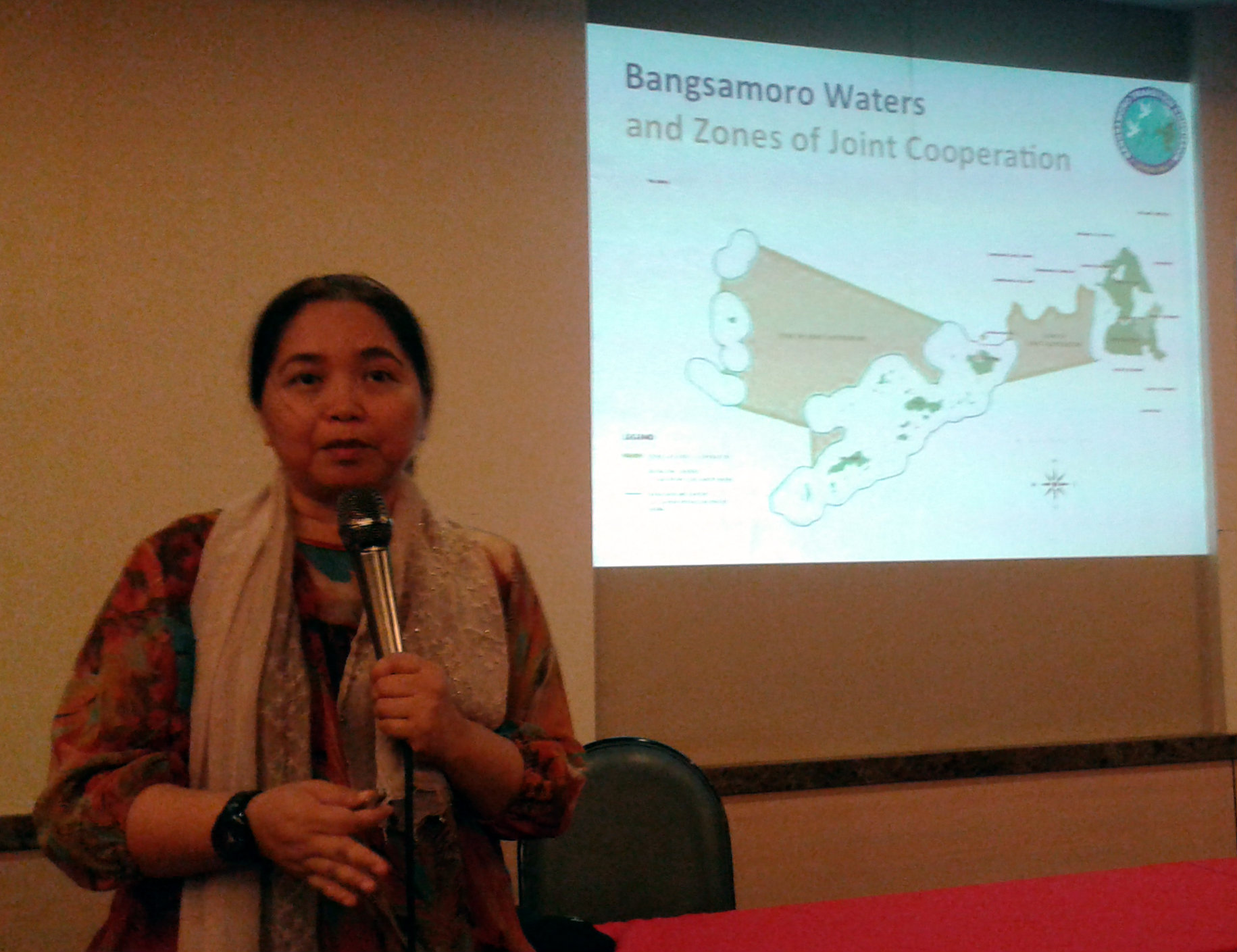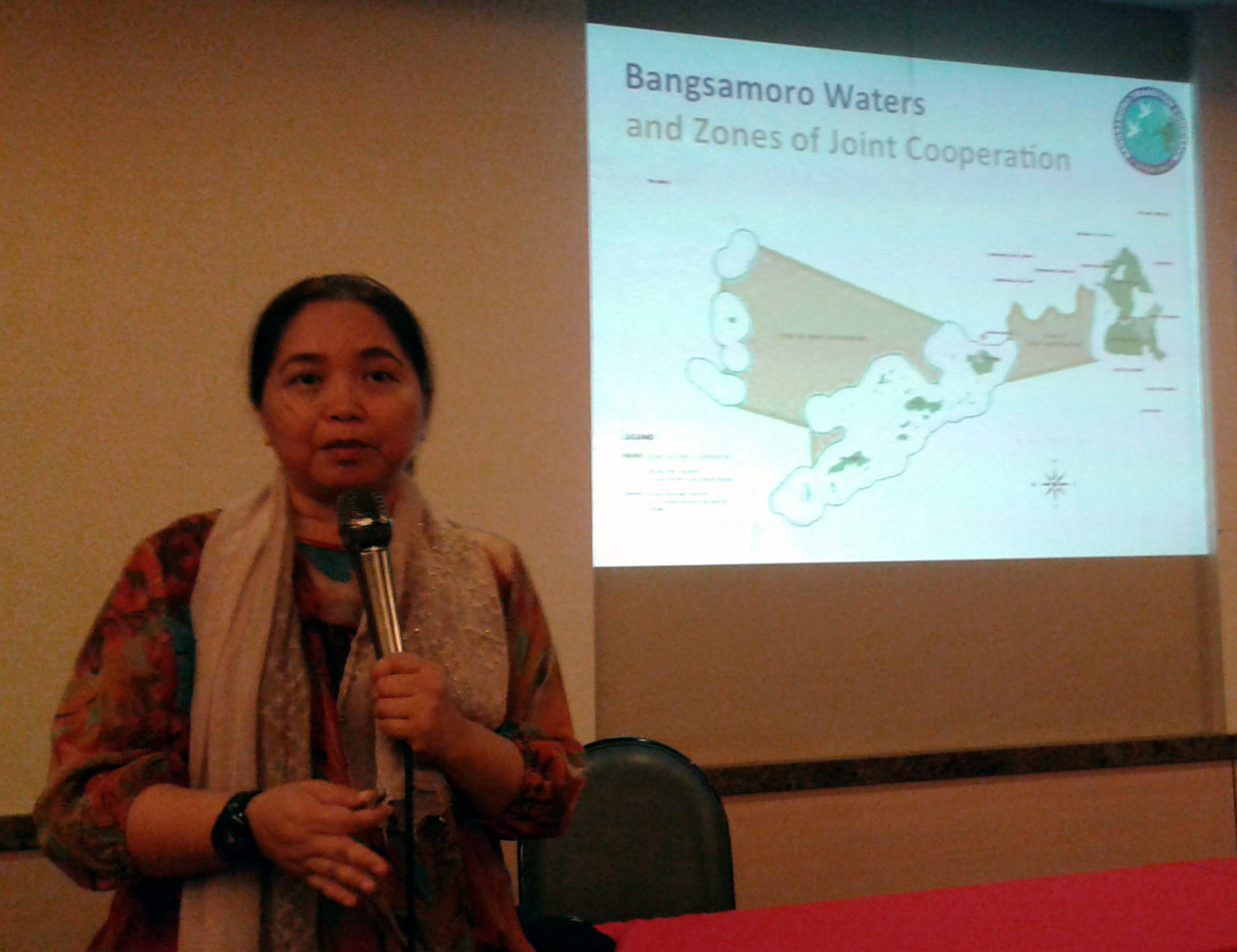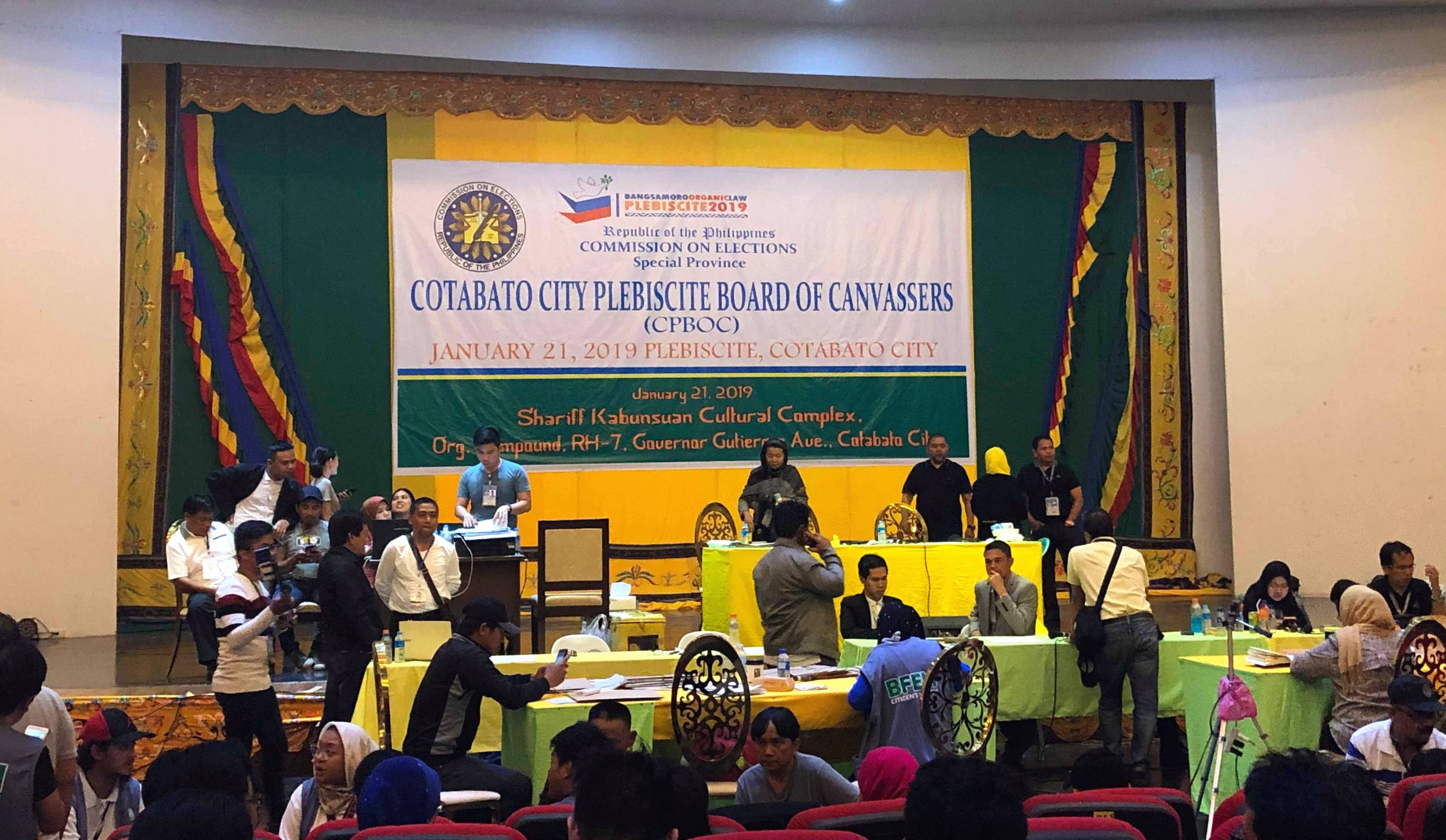By JAKE SORIANO
HUMAN trafficking is a “big concern” in Mindanao, and will be firmly addressed by the proposed Bangsamoro in the south, one of the drafters of the law creating the autonomous political entity said.
The Bangsamoro Basic Law (BBL), a crucial piece of legislation in the peace deal between the Philippine government and the Moro Islamic Liberation Front (MILF), contains a provision that explicitly prohibits “trafficking in persons and engagement of minors in any hazardous or deleterious forms of employment.”
Currently being deliberated in Congress, the bill also guarantees “humane conditions of work” and tasks the future Bangsamoro Parliament to enact laws to protect labor rights.
“[Human trafficking] is a big concern,” explained lawyer Raissa Jajurie of the Bangsamoro Transition Commission (BTC) during the forum, ” Dissecting the Bangsamoro Basic Law: Is the Law the Right Path to Peace?” by the Alternative Law Groups on Tuesday. “At dapat naka-senyales na ‘yan in the Basic Law [The Basic Law should be sending that signal].”
“Yung mga Sarah Balabagan stories ay hindi unique [Stories like Sarah Balabagan’s are not unique],” Jajurie added, referring to the infamous case in the 90s involving a domestic helper from Maguindanao.
Balabagan, a minor when she was recruited to work in the United Arab Emirates (UAE), was initially sentenced to death for killing her employer in self-defense when he attempted to rape her. The verdict was later overturned and she was deported back to the Philippines.

Poverty, conflict and displacement in mainland Mindanao are some of the reasons cited by Jajurie to explain why overseas work appears to be the only option for many of the people in the region.
In many cases, employment-seekers find themselves victimized by human traffickers.
The island provinces like Tawi-Tawi, for instance, which are geographically and culturally close to Sabah in Malaysia, are attractive backdoor transit points for trafficked persons.
The local anti-trafficking body in the Tawi-Tawi capital of Bongao intercepts up to 40 potential victims of trafficking a week on their way to Malaysia.
A 2013 study by the International Organization for Migration (IOM) found that Mindanao “appears to be a prominent source of irregular migrants, particularly females, to Malaysia and the Middle East.”
The same study also noted the recruitment of women particularly from Maguindanao by informal brokers who provide a range of services, including falsifying information.
“The lack of or weak implementation of overseas employment regulation by the Autonomous Region in Muslim Mindanao (ARMM), which has a separate autonomous government and executive agencies, significantly contributes to this pattern,” the report read.
Protection for PWDs and other vulnerable groups
Jajurie also noted during the same forum that vulnerable sectors like persons with disabilities (PWD) are protected under the BBL.
It is important, she explained, “that there should be laws that would protect vulnerable sectors in the issue of trafficking, and even the differently-abled.”
A section of the BBL article on basic rights provides that the Bangsamoro government guarantee the rights of its citizens “to equal opportunity and non-discrimination in social and economic activity and the public service, regardless of class, creed, disability, gender and ethnicity.”
“Ang concept dito talaga is social justice and ensuring that vulnerable sectors are protected. Just like yung mandate ng central government to give protection to these sectors and identities, ganun din naman ang concern dapat ng Bangsamoro (We are following the concept of social justice here, that is, to ensure that vulnerable sectors are protected. Just as the central government is mandated to give protection to these sectors and identities, so should the Bangsamoro),” Jajurie said.
The BBL was submitted by President Benigno Aquino to Congress last September. Once it is signed into law, the ARMM will be abolished, a plebiscite will be conducted in the envisioned core territory of the Bangsamoro and the new government will conduct elections in 2016.
The proposed law, however, faces rough sailing in Congress. Some lawmakers from Mindanao have expressed apprehension over a number of issues including territorial expansion.

